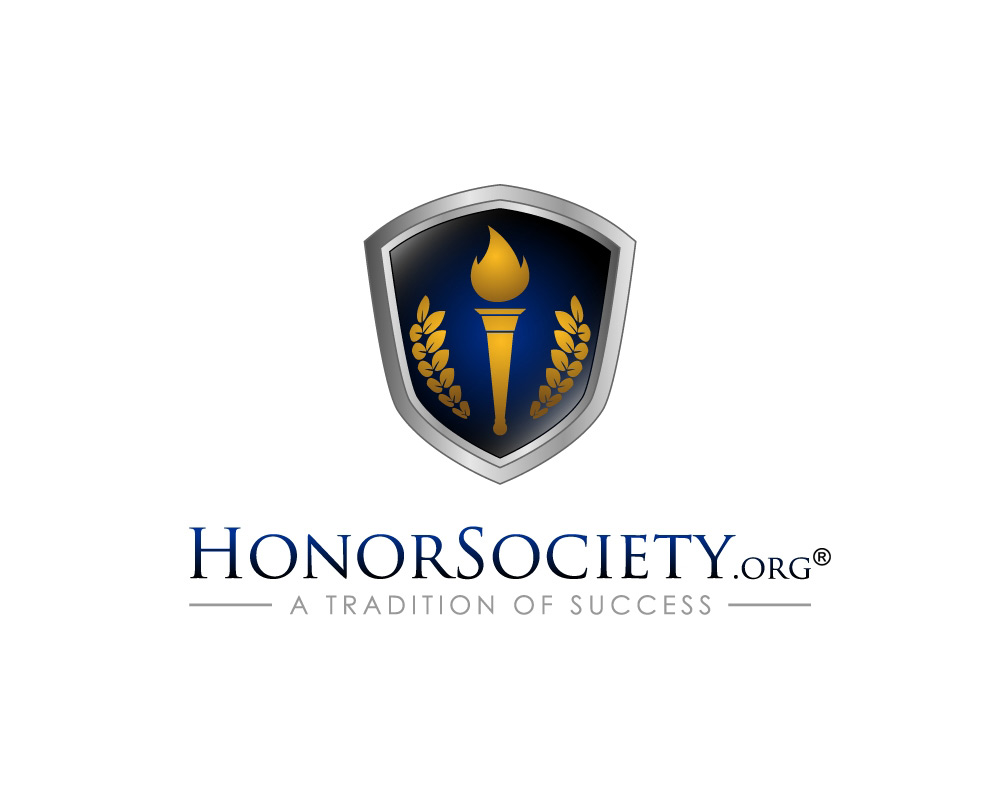Phi Theta Kappa "Honor Society" Summary
Answer: Phi Theta Kappa (PTK) is self-proclaimed as "the" honor society for community college students. However, recent allegations of misleading and deceptive behavior have raised critical questions about whether PTK truly deserves its purported "honor society" designation. As more details come to light, it's essential to examine whether Phi Theta Kappa's practices align with the values typically associated with such organizations.
Misleading Exclusivity Claims
One of the cornerstone accusations against PTK is its alleged deceptive advertising regarding exclusivity. PTK claims that membership is reserved for students in the "Top 10%" of their class. However, investigations reveal that the criteria for membership often include a much larger percentage of students. At some institutions, up to 44% of students meet the GPA standards set by PTK. This discrepancy significantly dilutes the exclusivity of the society, misleading students into believing they are part of a more select group than they actually are.
Fraudulent Letters of Recommendation
PTK's credibility is further questioned by its practice of issuing letters of recommendation that falsely claim members are in the top 10% of their class. These letters, signed by CEO Lynn Tincher-Ladner, are provided without any factual basis, deceiving not only students but also educational institutions and potential employers. Such actions undermine the integrity of the honor society and cast doubt on the value of the recommendations it provides.
Misleading Scholarship Promises
Scholarship opportunities are a significant draw for students considering membership in PTK. The society promotes access to $246 million in scholarships as exclusive to its members. However, many of these scholarships are available to all students, not just PTK members. Additionally, PTK's claim that the "average member gets $2,500 a year" in scholarships has been disputed, suggesting that many students are misled about the financial benefits of joining the society.
A Call for Integrity and Accountability
These allegations against PTK bring to light significant issues that need addressing to protect students and uphold the integrity of academic honor societies. The educational community must rally for reforms that prioritize transparency, accountability, and the genuine interests of students. Honor societies are meant to celebrate and promote academic excellence, leadership, and service. When an organization fails to uphold these values, it raises the question of whether it deserves to be called an honor society at all.
As students, educators, and institutions grapple with these revelations, it's clear that a critical examination of PTK's practices is necessary. For an organization to be truly honorable, it must operate with transparency, honesty, and a commitment to its members' best interests. The ongoing scrutiny of Phi Theta Kappa serves as a crucial reminder that the title of "honor society" must be earned through actions that reflect the highest ethical standards.
By maintaining focus on these core values, the educational community can ensure that honor societies live up to their prestigious designations and continue to support the academic and personal growth of their members.



